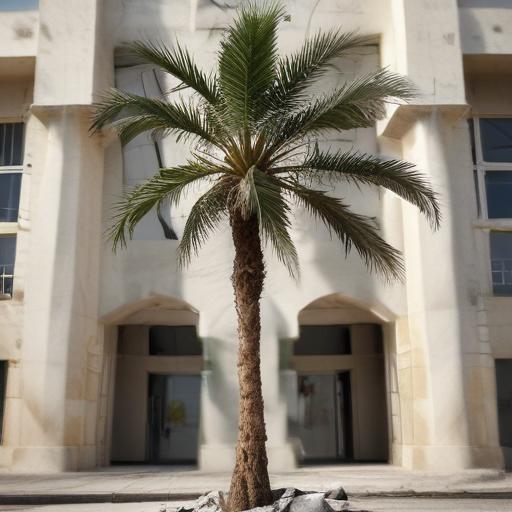The Gabonese Democratic Party (PDG) is facing significant internal conflicts as it attempts to reorganize ahead of the upcoming legislative elections scheduled for September 27, 2025. With the political landscape undergoing drastic changes, these struggles could determine the party’s future. The leadership formerly held by Ali Bongo Ondimba, now in exile and seen as losing ground, is being challenged by a newly elected direction established after a party congress earlier this year.
Blaise Louembe, the new president of the PDG, along with his team, is now in control of the party’s headquarters, which has sparked tensions with Bongo’s loyalists who had planned a meeting there. The apprehensions surrounding this power struggle are amplified by Bongo’s recent ousting, which sparked a wave of resignations and further weakened the party’s cohesion.
As the party grapples with this internal strife, it raises concerns about its potential disintegration. The dispute suggests deep-seated issues within the party, which has been historically dominated by the Bongo family. With the new authorities under General Brice Clotaire Oligui Nguema rejecting a return of the former ruling party, the PDG must confront the possibility of a continued loss of influence and identity.
The situation bears resemblance to other political parties in the region that have experienced downfall due to internal rivalries. As various factions vie for control, it remains uncertain how this conflict will play out and whether Ali Bongo Ondimba can maintain a significant role in Gabonese politics or if he and his party will fade into history.
Despite the tumultuous climate, the emergence of new leadership could also signal an opportunity for renewal within the party, potentially allowing for a fresh direction that could resonate more with the current political environment. However, for that to happen, unity and a shared vision will be crucial to navigate these challenging times.
